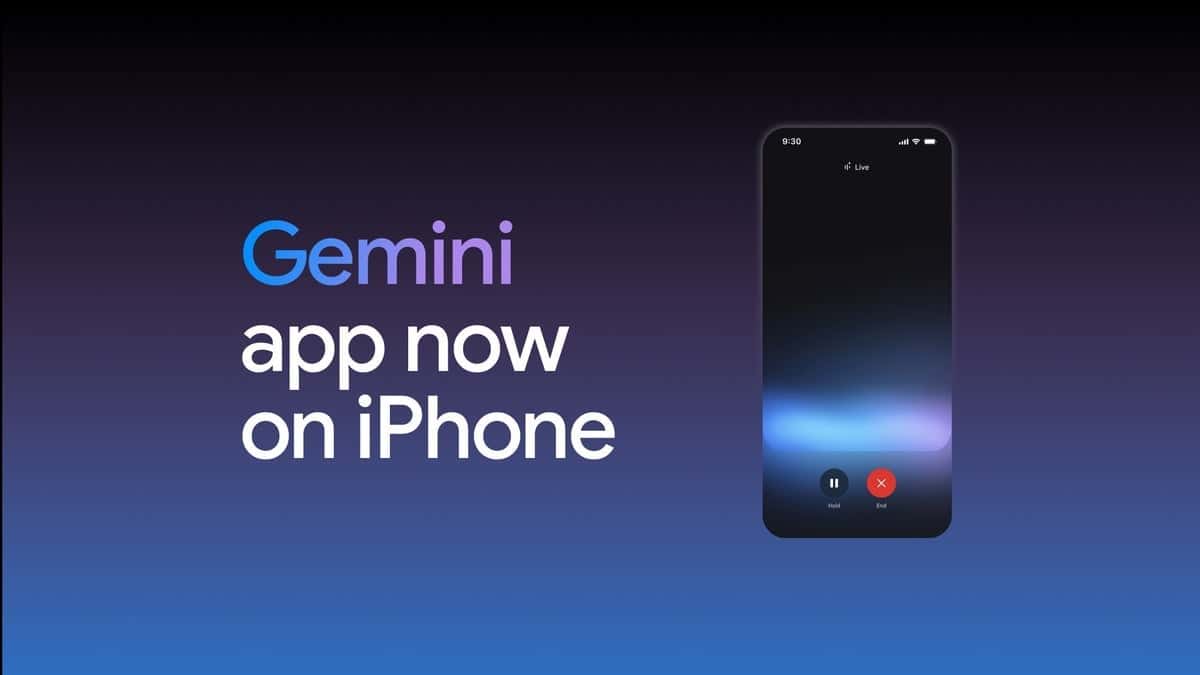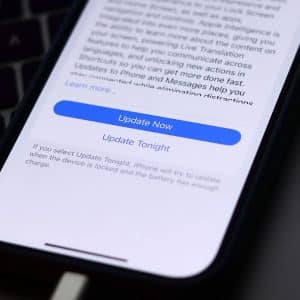This move, announced via an email to Gemini AI users on February 18, reflects Google’s commitment to enhancing the user experience through specialized, AI-focused apps. Here’s an in-depth look at what this change means for users and the broader implications for AI integration in mobile applications.
The Shift to a Standalone App
Google’s decision to remove Gemini AI from the Google app on iOS and launch a standalone Gemini app wasn’t unexpected. The standalone app offers a more robust set of features than what was previously integrated into the Google app. According to Google, this change aims to “create an even better Gemini experience on iOS.” Users are now encouraged to download the Gemini app directly from the App Store to continue using the AI service.
Enhanced Functionality with the Gemini AI App
The new app allows for both text and voice queries, making interaction with the AI more intuitive and seamless. This enhancement in user interaction signifies Google’s push towards making AI more accessible and user-friendly. The app also introduces Gemini Extensions, which expand the capabilities of Gemini by allowing it to perform specific tasks within other apps or services. Moreover, the introduction of Gemini Live in the standalone app makes Gemini more interactive by appearing in the Dynamic Island and on the Lock Screen of iPhones, providing users with quick access to AI assistance.
User Experience and Accessibility
The Gemini app is available for free on the Apple App Store. However, to unlock premium features, users can opt for the Gemini Advanced subscription, which integrates with Google’s AI premium plan for $18.99 per month. Subscribers to Gemini Advanced gain access to enhanced capabilities, including the use of the next-generation model 1.5 Pro, a one million token context window for more comprehensive understanding, and priority access to new features. To use Gemini, even in its basic form, users must sign in with a Google account, which personalizes the experience and allows Google to gather data for further refinement of its AI models.
Implications for AI and Mobile Ecosystems

By moving Gemini to its own app, Google is betting on the idea that specialized apps might provide better user experiences for specific functionalities rather than integrating everything into one super-app. This could set a trend where tech giants might prefer standalone apps for their AI offerings. Additionally, with AI becoming more embedded in daily life, the shift brings to the forefront issues of user privacy and data security, as users are required to log in, sharing data with Google’s ecosystem. This move might also intensify the competition in the AI space, pushing other companies to either enhance their integration or follow suit with standalone AI solutions.
Google’s transition of Gemini to a dedicated app on iOS signifies a strategic shift towards more specialized AI applications, aiming for an enhanced user experience. This change not only offers new features and better interaction models but also sets a precedent for how AI might evolve within app ecosystems. As AI technology advances, the balance between functionality, privacy, and user engagement will continue to be a central theme in tech development. For now, users looking to harness the power of Google’s AI on their iPhones will need to embrace this new, standalone approach to Gemini.







